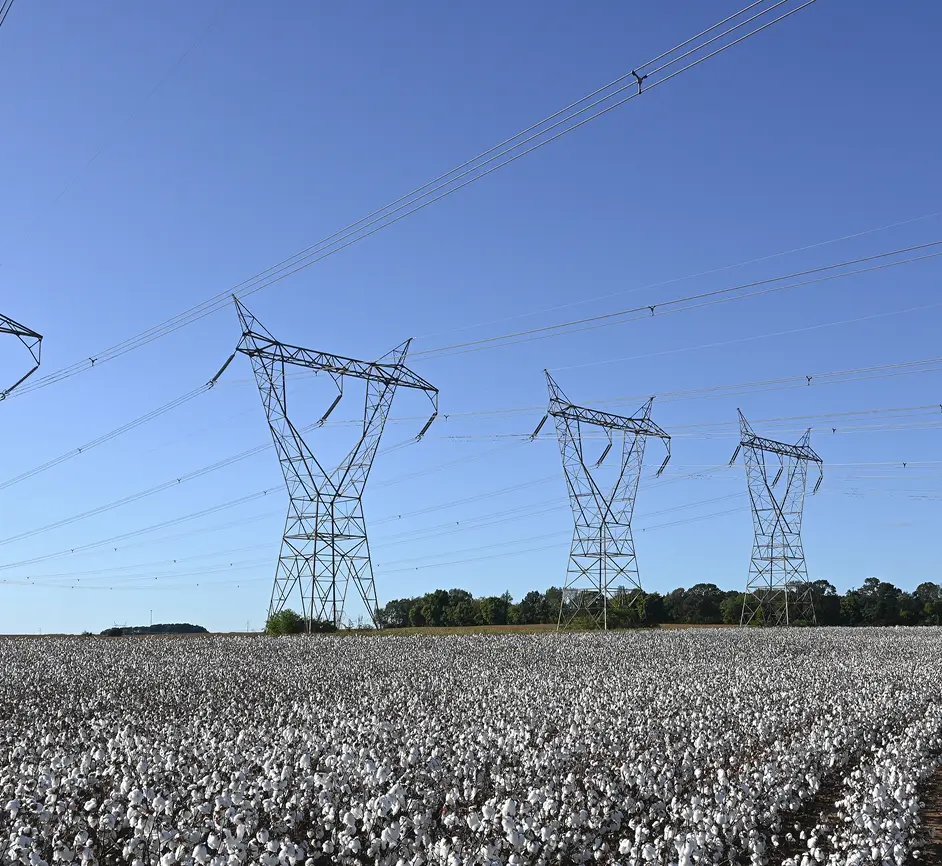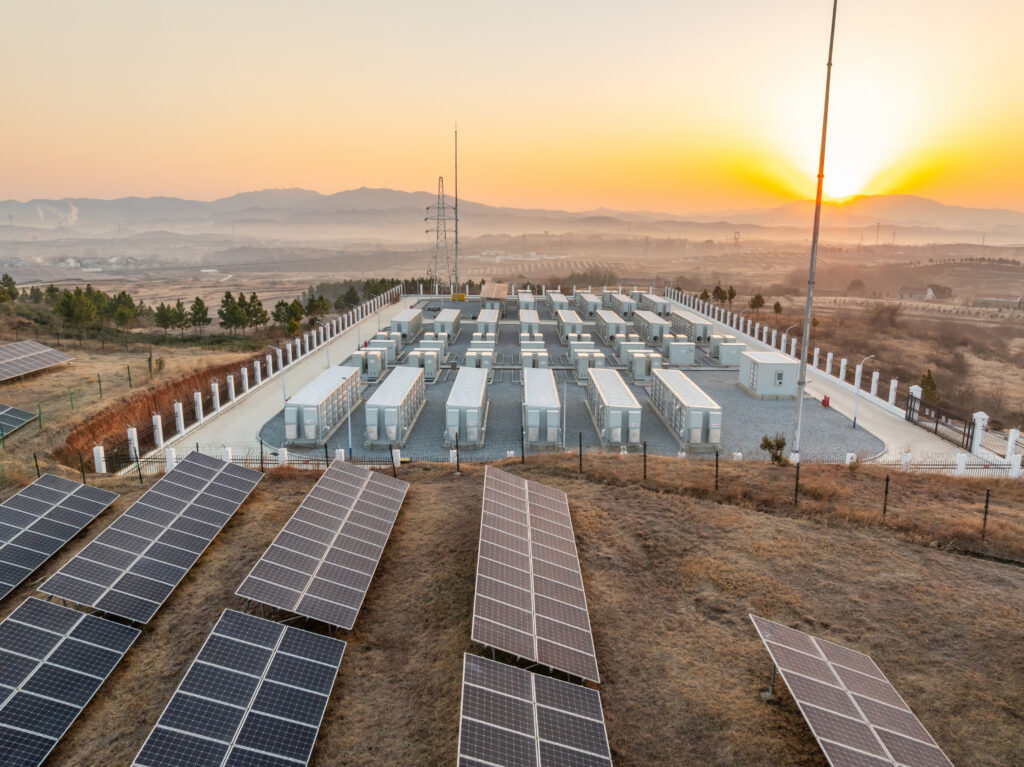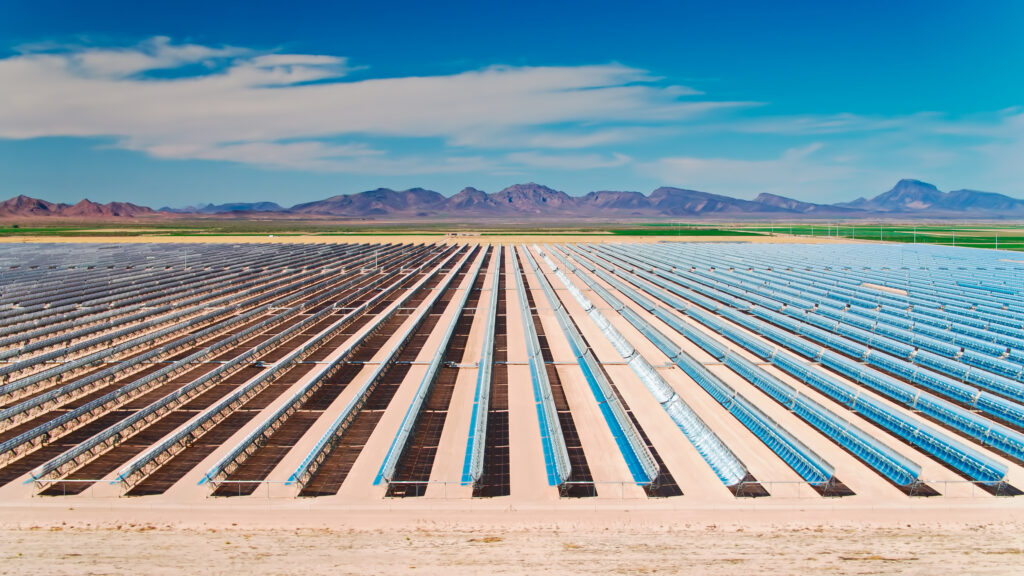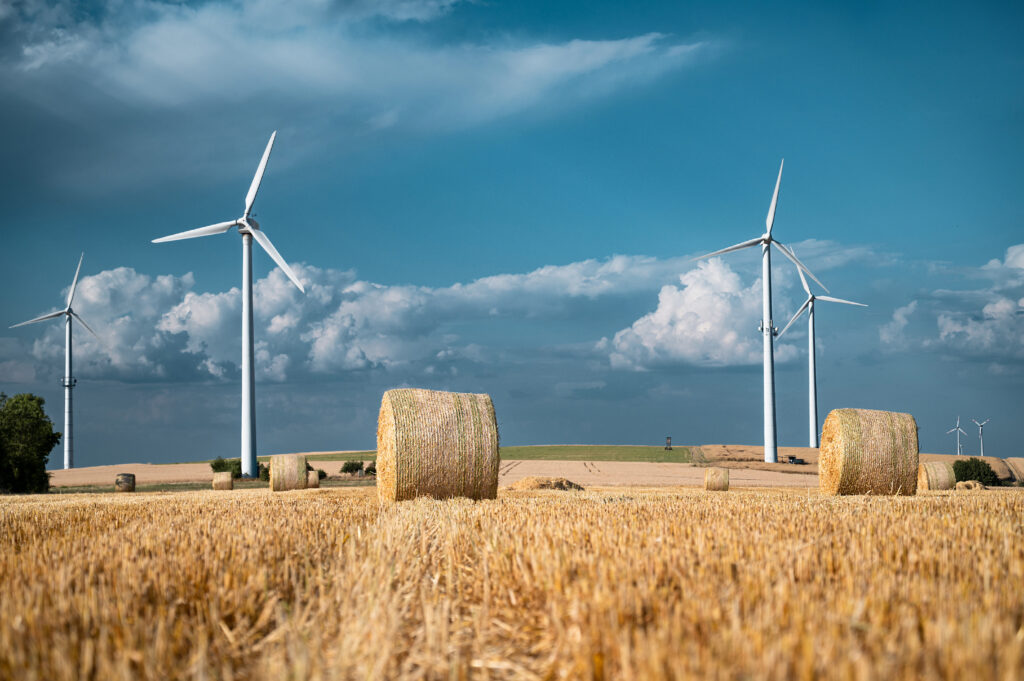The initiative addresses critical needs for small family farms across America
The U.S. Department of Agriculture “Farmers First” initiative outlines a meaningful effort to strengthen small and midsized farms. By expanding access to credit, simplifying disaster relief programs and supporting farm succession, the initiative responds to real challenges facing producers across the country.
At Renewable Energy Farmers of America (REFA), we believe this effort is a step in the right direction. We support the majority of the USDA “Farmers First” initiative; however, we encourage the USDA to reconsider the policy stance against solar development on “productive farmland,” as this approach may limit a farmer’s ability to diversify income through innovative renewable energy opportunities.
Bottom Line: Farmers should have the freedom to decide what’s best for their land and their legacy.
What We Support About “Farmers First”
REFA welcomes a significant number of aspects from USDA’s initiative, which directly address challenges our members face:
Financial Access and Support:
- Streamlined loan programs: FSA reforms will help our members access credit faster and more efficiently.
- Enhanced risk management tools: New disaster portal and simplified applications provide crucial support during challenging times.
- Improved credit access: Down payment loan program requiring only 5% down opens opportunities for new farmers.
Operational Improvements:
- Focus on small family farms: 86% of farms are small operations that need and deserve targeted support.
- Digital application processes: Reducing paperwork saves valuable time and increases accuracy.
- Market access improvements: Reformed programs ensuring 65% of federal funds go directly to producers.
Generational Support:
- Farm transition assistance: Helping farms pass to the next generation preserves agricultural heritage.
- Enhanced agricultural labor support: Addressing critical workforce needs in rural communities.
These comprehensive changes address real barriers our members face when trying to grow and sustain their operations for future generations.
Our Concern About Land Use Restrictions
The Challenge: While we appreciate the commitment of the USDA to protect farmland, we encourage reconsideration of the plan to disincentivize the use of federal funding at USDA for solar panels to be installed on certain types of farmland. This approach may unintentionally limit beneficial opportunities for farm families.
Our concerns include:
- Limited farmer autonomy: Farmers are best positioned to make decisions about their own operations.
- Reduced income diversification options: Solar leases can provide $900-$1,500 per acre annually compared to average farmland rent of $251 per acre.
- Overlooking dual-use innovations: Agrivoltaics allows continued farming while generating clean energy, protecting both agricultural production and landowner income.
Why This Matters to Our Members
Based on our 2024 research with over 100 farmers and ranchers, 83% of farmers are interested in renewable energy opportunities. Many see renewable energy as crucial for farm financial sustainability.
The key principle is that farmers want choices. Some may choose traditional leasing, others may explore agrivoltaics that combine farming with solar generation, and still others may focus solely on crop production. All of these are valid decisions that should remain with the landowner.
The Promise of Agrivoltaics
Exciting research across the country demonstrates that dual-use approaches can benefit both agriculture and renewable energy goals. Studies from universities, including Colorado State University, the University of Massachusetts, the University of Illinois, the University of Arizona, Oregon State University, Auburn University, Cornell University, Rutgers University and the University of Vermont, show that agrivoltaics can:
- Increase crop yields in certain climates by providing beneficial shade and reducing water evaporation.
- Improve livestock comfort by providing shelter and reducing heat stress.
- Maintain soil health while generating clean energy.
This innovative approach represents the best of both worlds – preserving agricultural productivity while supporting America’s energy independence.
REFA’s Position and Recommendations
Core Principles
We believe in farmer autonomy and property rights. Farmers should have the freedom to:
- Make their own land-use decisions based on local conditions and family needs.
- Diversify income streams to ensure long-term farm viability.
- Access all available opportunities to preserve their agricultural legacy.
Specific Recommendations
Support Balanced Solar Development:
- Prioritize agrivoltaics research and deployment that allows continued farming beneath solar panels while protecting property rights.
- Focus utility-scale solar on marginal lands, when possible, while allowing farmer choice overall.
- Ensure decommissioning plans to protect soil health and agricultural potential.
- Support pilot programs that demonstrate successful dual-use approaches.
Maintain Federal Program Neutrality:
- USDA programs should support farmer choice rather than limit options.
- Remove barriers to innovative renewable energy projects that maintain agricultural use.
- Base decisions on agricultural merit and farmer preference.
Strengthen Farmer Decision-Making:
- Support farmers’ rights to make informed decisions about their land.
- Provide resources and education on dual-use agrivoltaic options.
How REFA Can Help
REFA would be happy to work with USDA to:
- Share information from our member experiences with renewable energy projects.
- Facilitate farmer-to-farmer learning about successful dual-use approaches.
- Support policy development that balances farmland protection with farmer autonomy.
Conclusion
REFA supports the “Farmers First” initiative and appreciates the USDA commitment to helping small family farms thrive. We encourage the USDA to extend this farmer-focused approach to renewable energy policy by supporting farmer choice in land-use decisions. Whether a farmer chooses traditional agriculture, explores agrivoltaics or pursues other innovative approaches should remain their decision to make.



